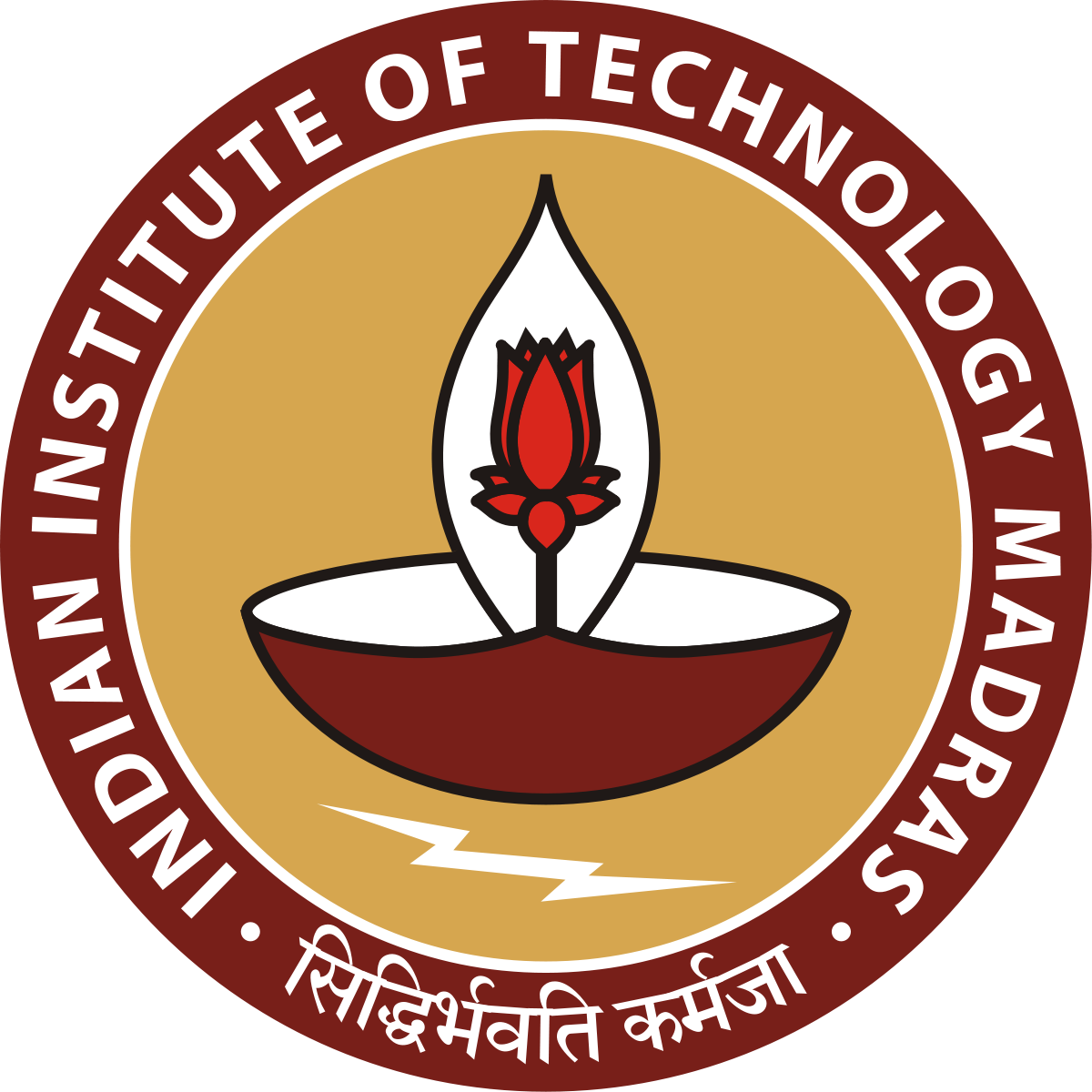
IIT Madras JE, Junior Technician Exam Syllabus 2018 2019 | IIT Madras JE, Junior Technician Syllabus and Exam Pattern are given on this page. So, candidates who are searching for the IIT Madras Syllabus 2018 they can collect full PDF on this page. c0 JE, Junior Technician Syllabus plays a prominent role in any exam preparation. Without having IIT Madras JE, Junior Technician syllabus and Exam pattern nobody can know which subjects to prepare for the examination. You can check all details of Madras High Court Syllabus here. Are you looking for the free download? Then go through this section.
IIT Madras JE, Junior Technician Selection Process:
The Selection Procedure of the Exam will be as follows: Written Exam, Interview
Indian Institute of Technology Madras JE, Junior Technician Exam Details:
Who is going to attend for the examination of IIT Madras JE, Junior Technician 2018 they can know the how many rounds they are conducted to recruit the JE, Junior Technician posts. Candidates will be selected based on Written Exam, Interview. Clearing the Written Exam is a hope to get a job in Indian Institute of Technology Madras JE, Junior Technician. But scoring the good marks and cracking the IIT Madras JE, Junior Technician examination is a very crucial aspect of any examination. So to clear the test you must have to schedule your preparation by taking the reference of Syllabus and Exam Pattern. So, you have to check the syllabus and exam pattern in this article.
Exam Pattern for IIT Madras JE, Junior Technician Posts:
The Exam pattern of IIT Madras JE, Junior Technician Exam has clearly mentioned on our website. IIT Madras JE, Junior Technician Questions paper will contain questions from their respective branch and will also include some questions of General Aptitude and Reasoning, General English, Numerical Aptitude and General Knowledge.
IIT Madras JE, Junior Technician Syllabus PDF Download:
Here IIT Madras JE, Junior Technician Syllabus is provided for the candidates preparing for Exam. Candidates those who have applied for IIT Madras JE, Junior Technician Recruitment 2018 can use this syllabus helps you to give your best in the JE, Junior Technician Exam. The IIT Madras Syllabus topics mentioned below. The standard syllabus for IIT Madras JE, Junior Technician Exam is
IIT Madras Junior Engineer (Civil) Syllabus Details:
- BUILDING MATERIALS: Bricks: Types, Indian Standard classification, absorption, saturation factor, strength in masonry, influence of morter strength on masonry strength. Cement: Different types, setting times, strength. Cement Mortar: Ingredients, proportions, water demand, mortars for plastering and masony. Concrete: Importance of W/C Ratio, Strength, ingredients including admixtures, worksability, testing for strength, elasticity, non-destructive testing, mix design methods.
- CONSTRUCTION PRACTICE, PLANNING AND MANAGEMENT: Construction planning and management – Bar chart, CPM,PERT; General overview of civil engineering projects; Procurement and contract management; Estimation and rate analysis,Construction Technology; Concreting Equipment
- SURVEYING: Classification of surveys, scales, accuracy; Measurement of distances – direct and indirect methods; optical and electronic devices; Measurement of directions, prismatic compass, local attraction; Measurement of elevations – Spirit and trigonometric levelling; Relief representation; Contours;Digital elevation modelling concept; Concept of global positioning system
- WATER SUPPLY ENGINEERING: Sources of supply, yields, design of intakes and conductors; Estimation of demand; Water quality standards; Control of Water-borne diseases; water treatment, selection of treatment technologies detailing and maintenance of treatment units; head loss calculations and profiling of treatment units; water distribution systems, leakages and control; Rural water supply; Institutional and industrial water supply.
- WASTE WATER ENGINEERING: Storm water drainage systems for urban and peri-urban areas; rain water harvesting, Systems of sewage collection and disposal; Design of sewers and sewerage systems; pumping; Characteristics of sewage, Wastewater treatment systems, disposal and reuse standards, Advanced wastewater treatment, reuse of wastewater. Centralized, decentralized and onsite treatment systems. Sludge management. Sustainable water and wastewater management, stream flow rejuvenation, Institutional and industrial wastewater management; Plumbing Systems
- SOLID WASTE MANAGEMENT: Source, classification, characterization, collection and disposal; Solid waste management, Source segregation and recycling, treatment technologies, composting, biodigestion, thermal treatment, Design and Management of landfills. Leachate characterization and management, Management of hazardous, biomedical, radioactive and electronic wastes
- SOIL MECHANICS: Properties of soil, classification and interrelationship; compaction behaviour, methods of compaction and their choice; Permeability and seepage, flow nets, Inverted filters; Consolidation; Shear strength; soil testing in laboratory and insitu; Earth pressure theories, stress distribution in soil; soil exploration.
- FOUNDATION ENGINEERING: Types of foundations, Selection criteria, bearing capacity and settlement of shallow foundations; Types of piles and their design and layout, Swelling and its prevention, Foundations on expansive soils 9. DESIGN OF STEEL STRUCTURES: Design of connections, simple members, Principles of ultimate load design. Design of simple members and frames. Plate girder and grillage foundation
- DESIGN OF CONCRETE STRUCTURES: Limit state design for bending, shear, axial compression and combined forces. Codal provisions for slabs, beams, walls and footings. Design of two way slab and isolated footings
- TRANSPORTATION ENGINEERING: Planning of roads, alignment and geometric design, horizontal and vertical curves; Pavement Materials and construction methods for flexible and rigid pavements and their maintenance: Principles of pavement Design; Drainage. Traffic surveys, At-grade Intersection Design.
IIT Madras Junior Engineer (Civil) Syllabus PDF: Click Here to Download